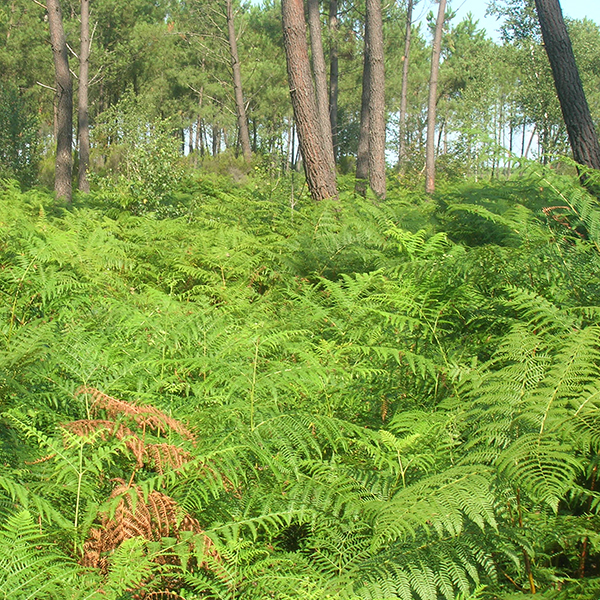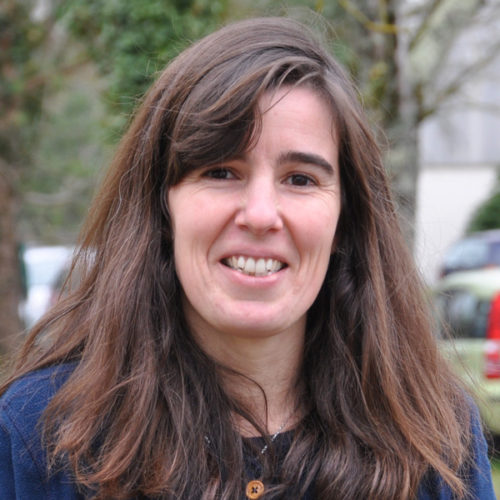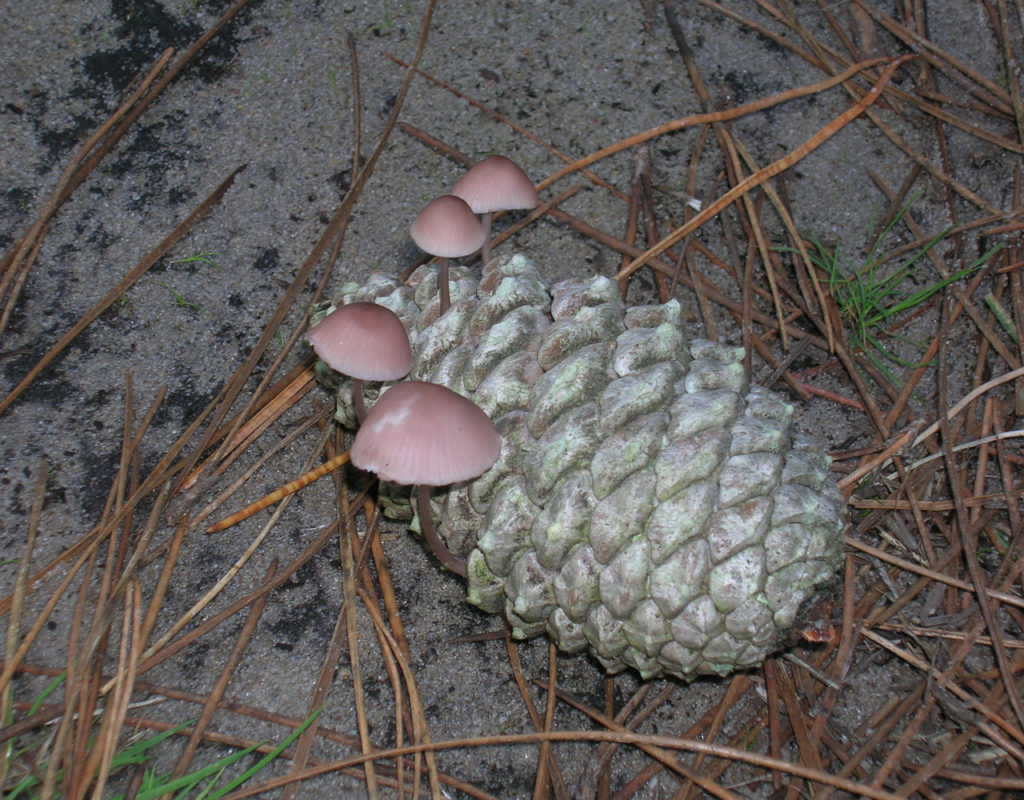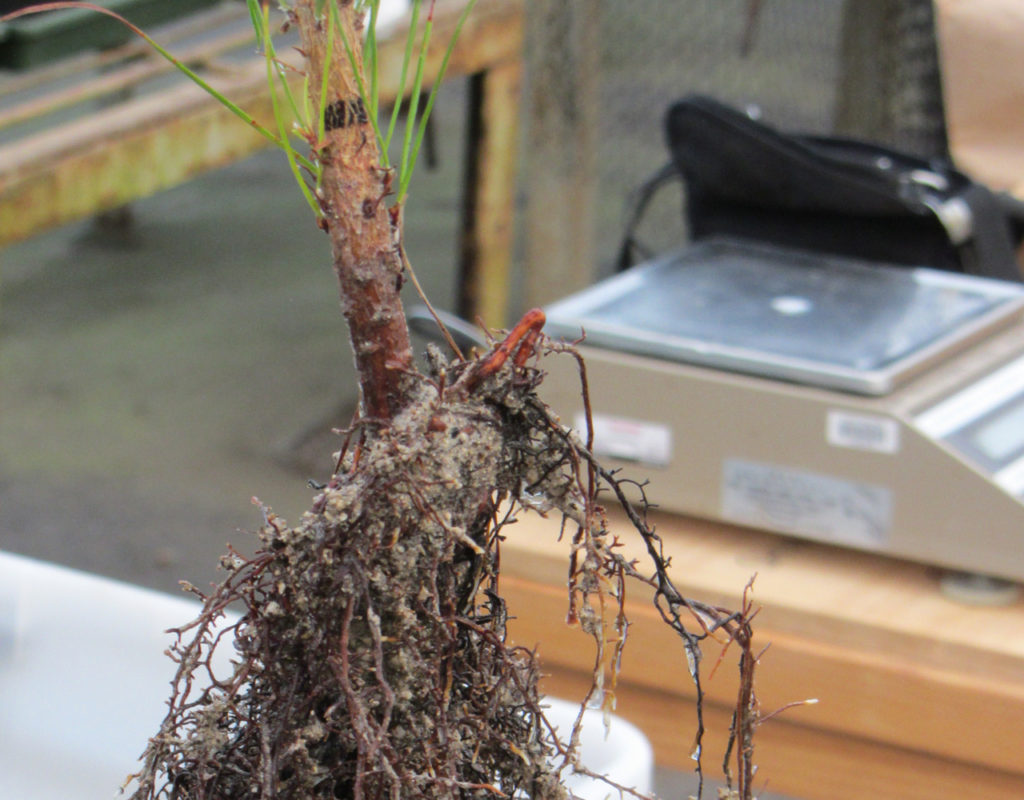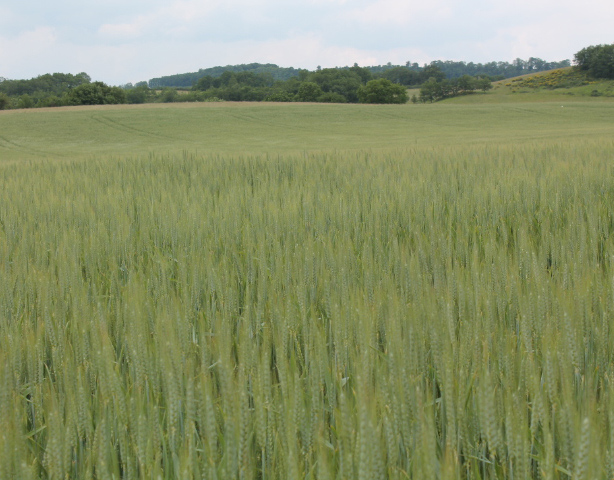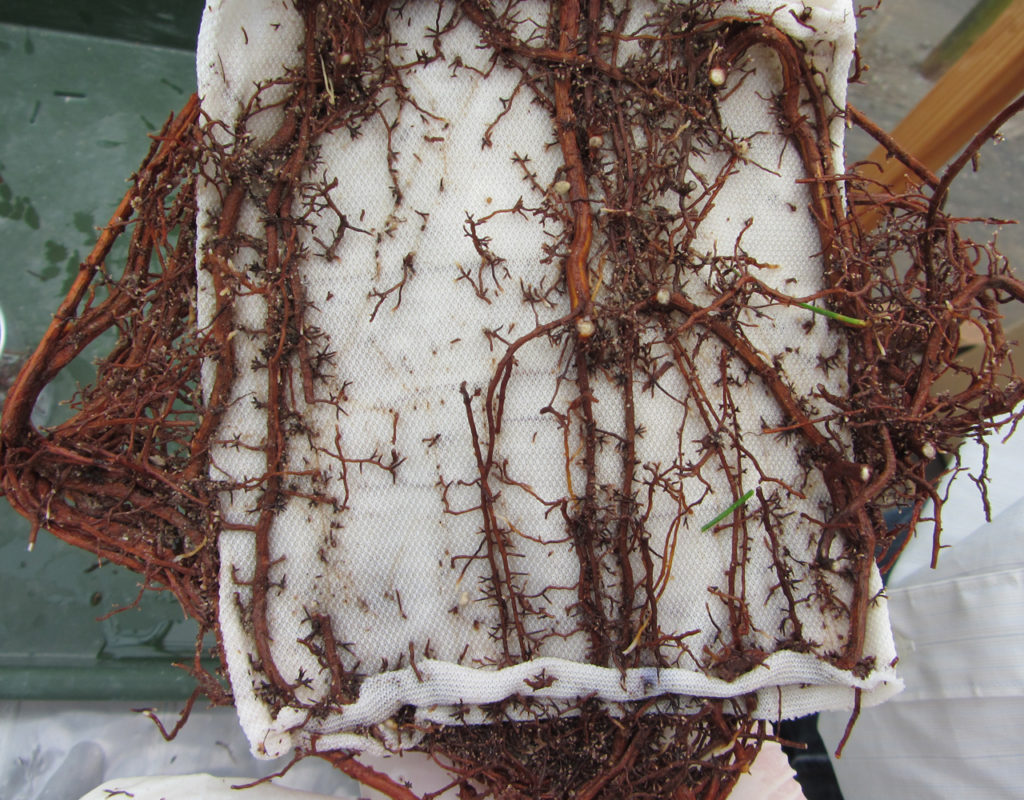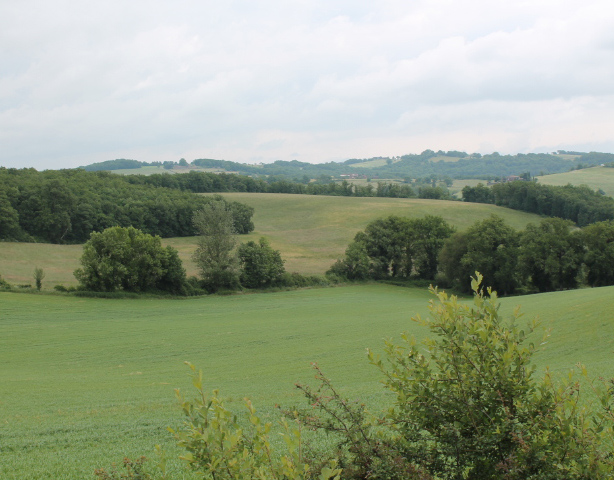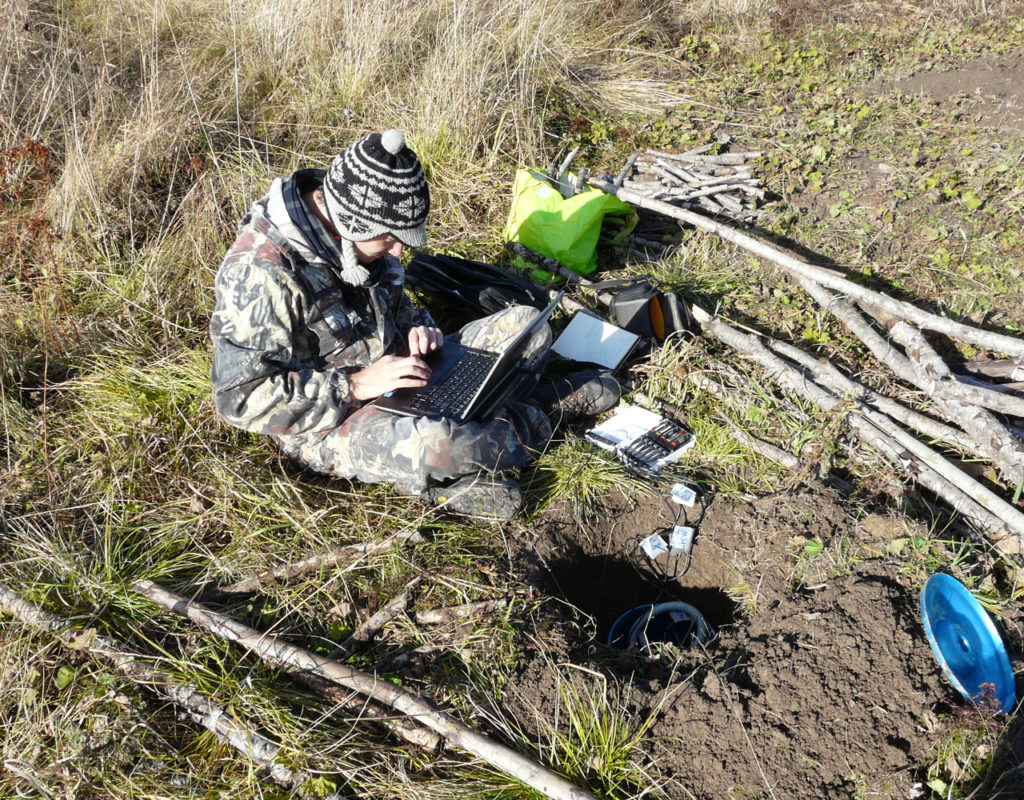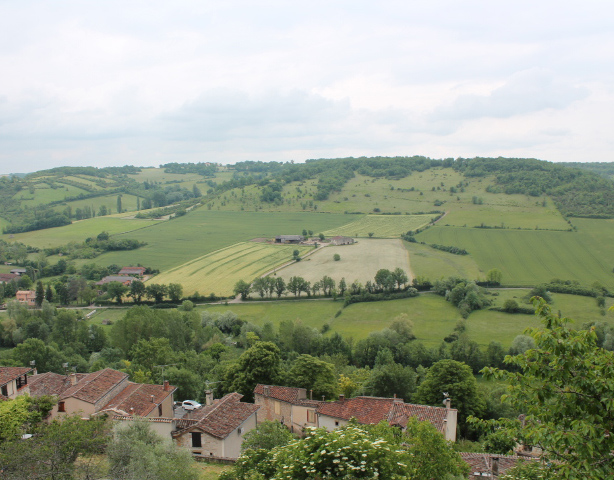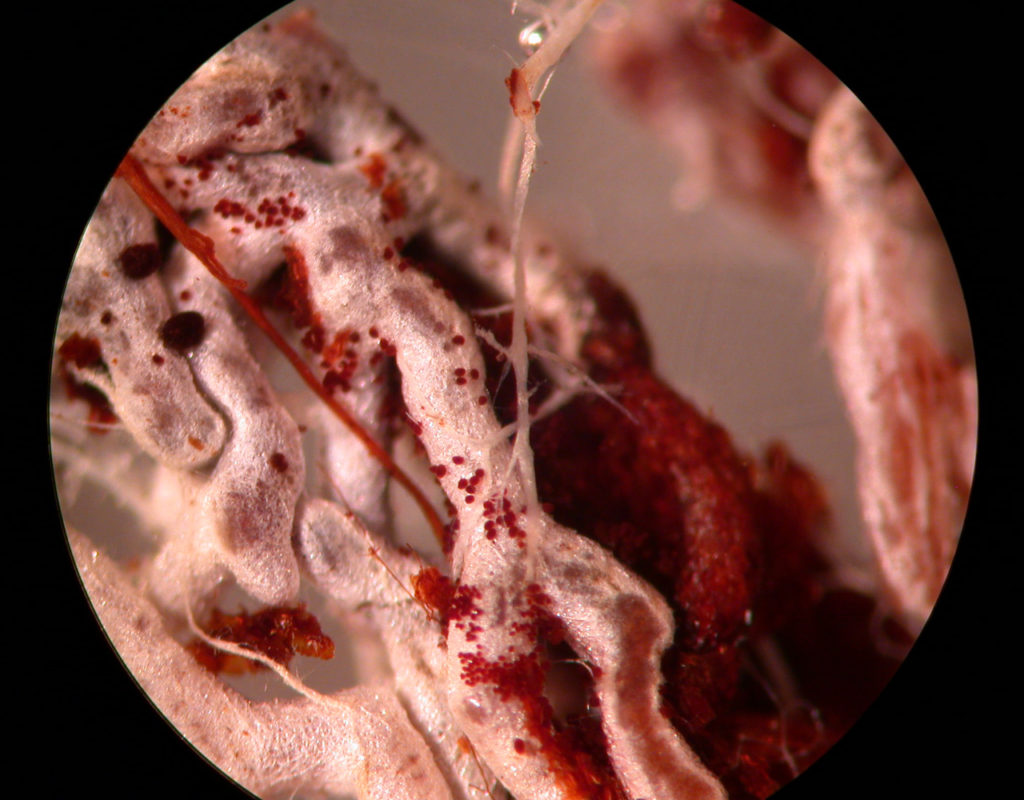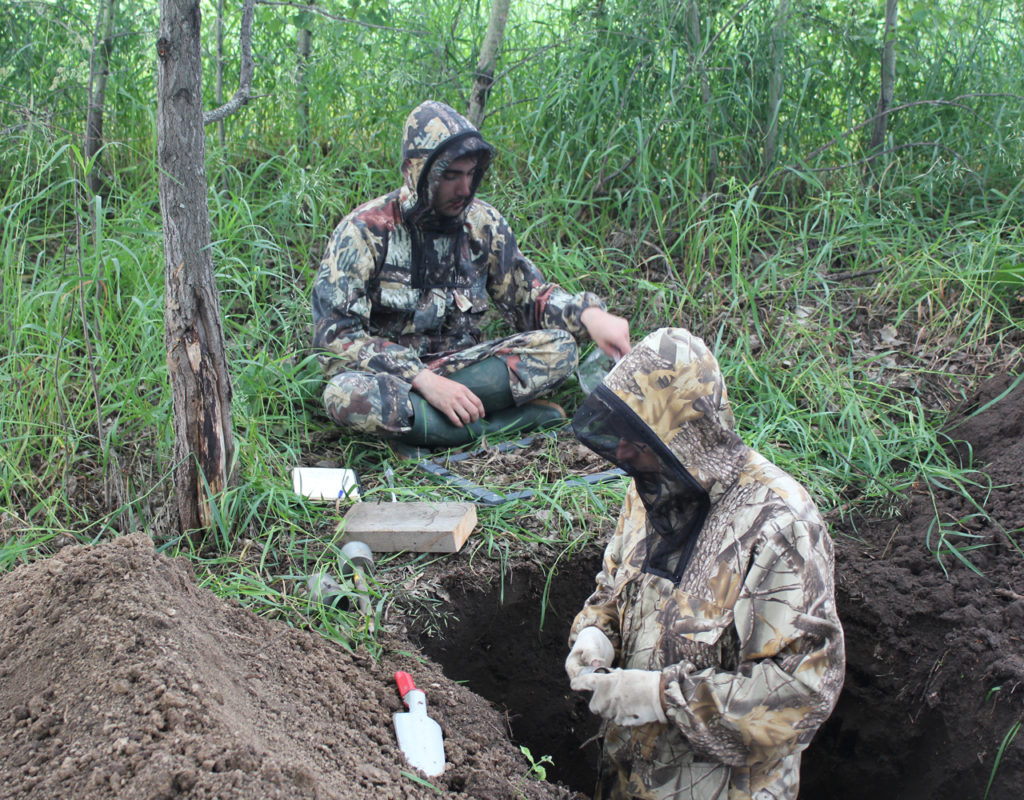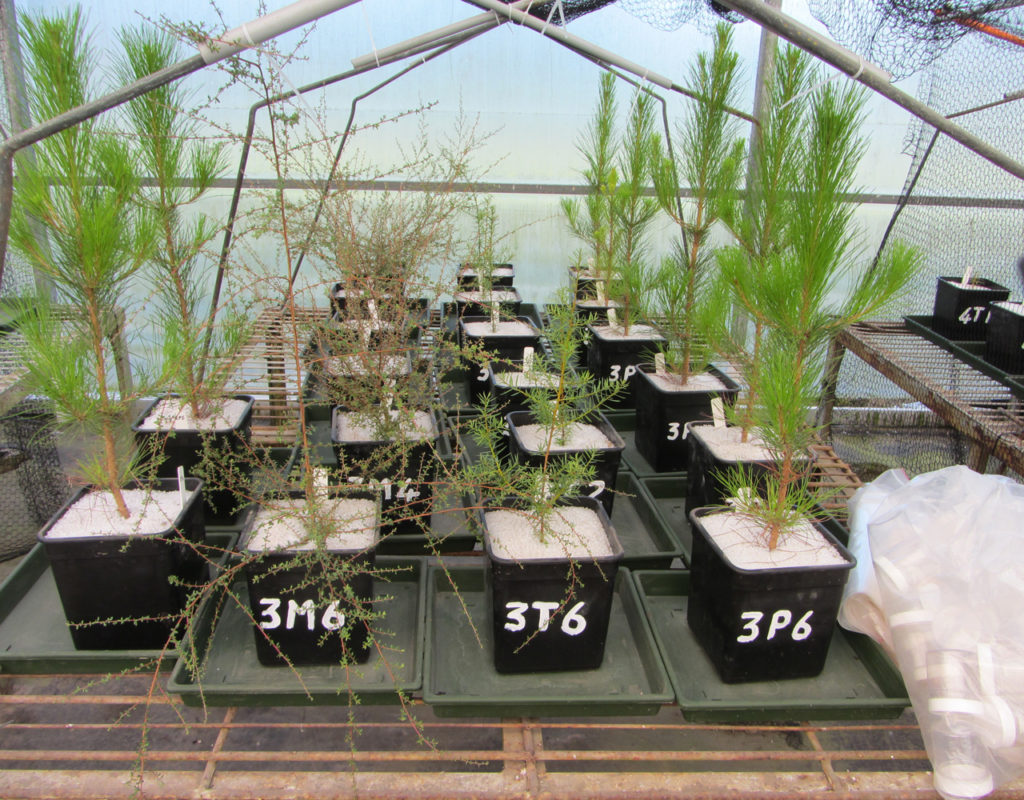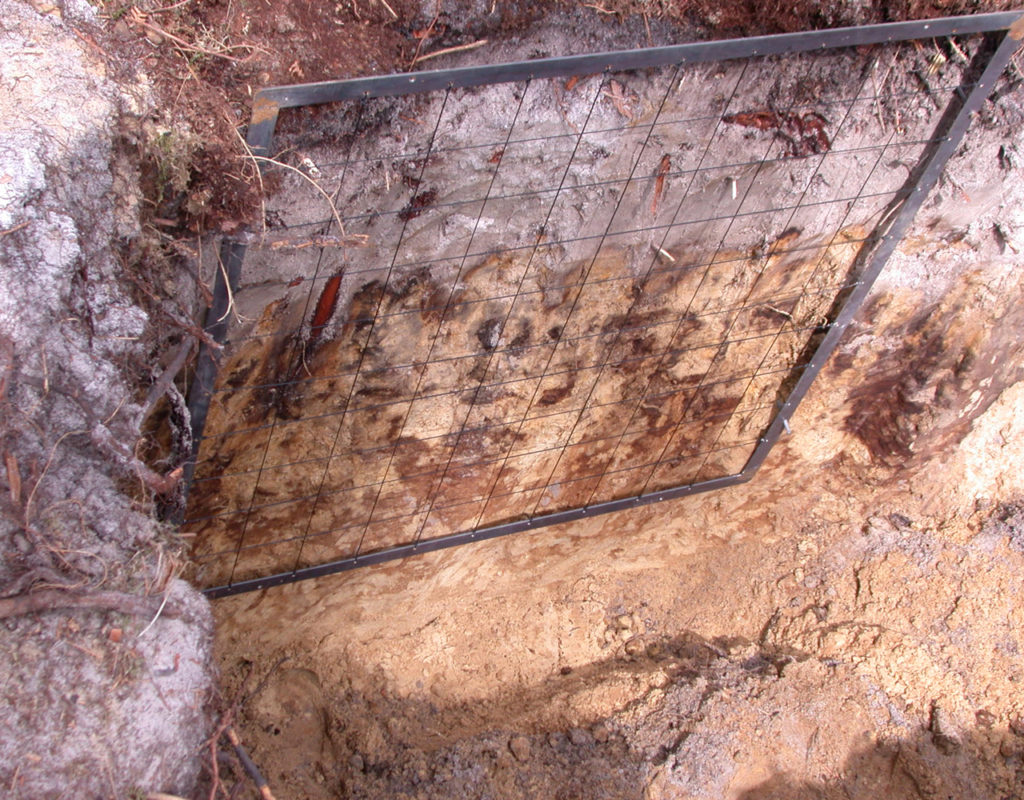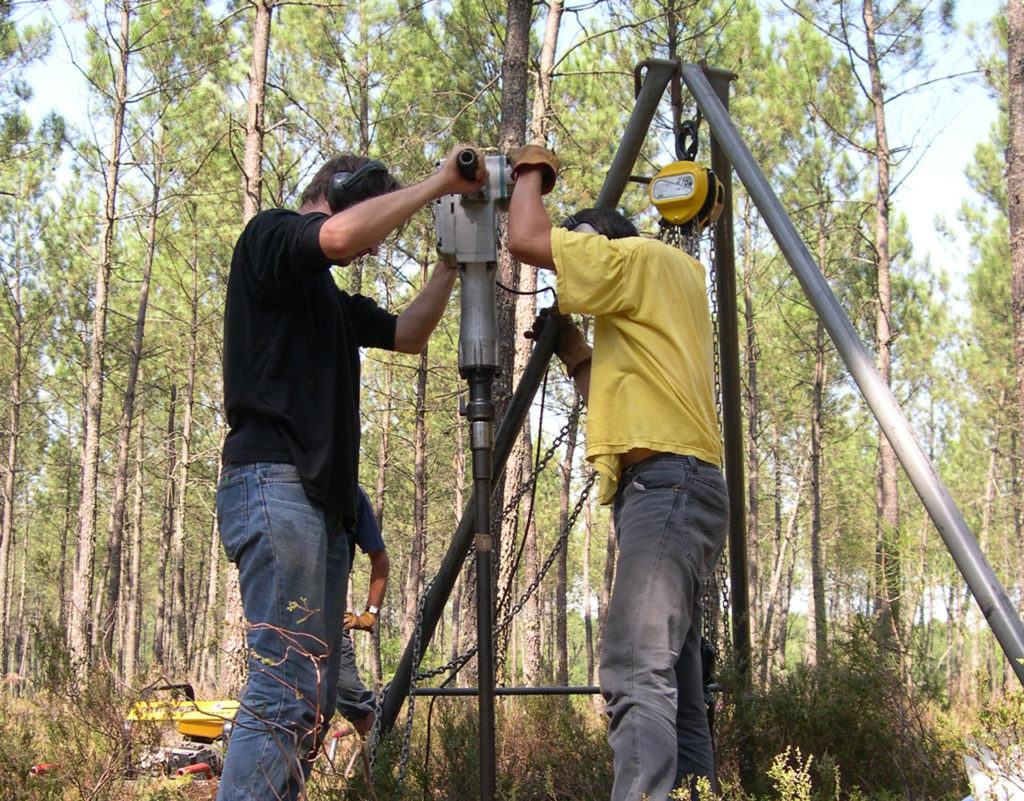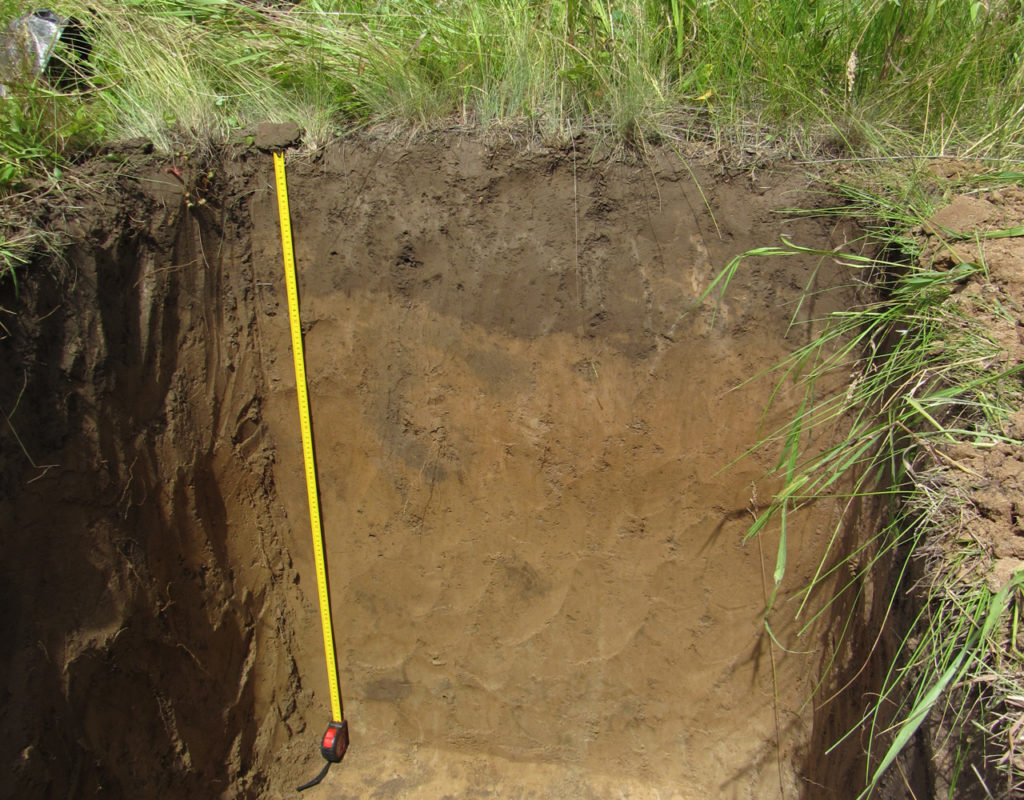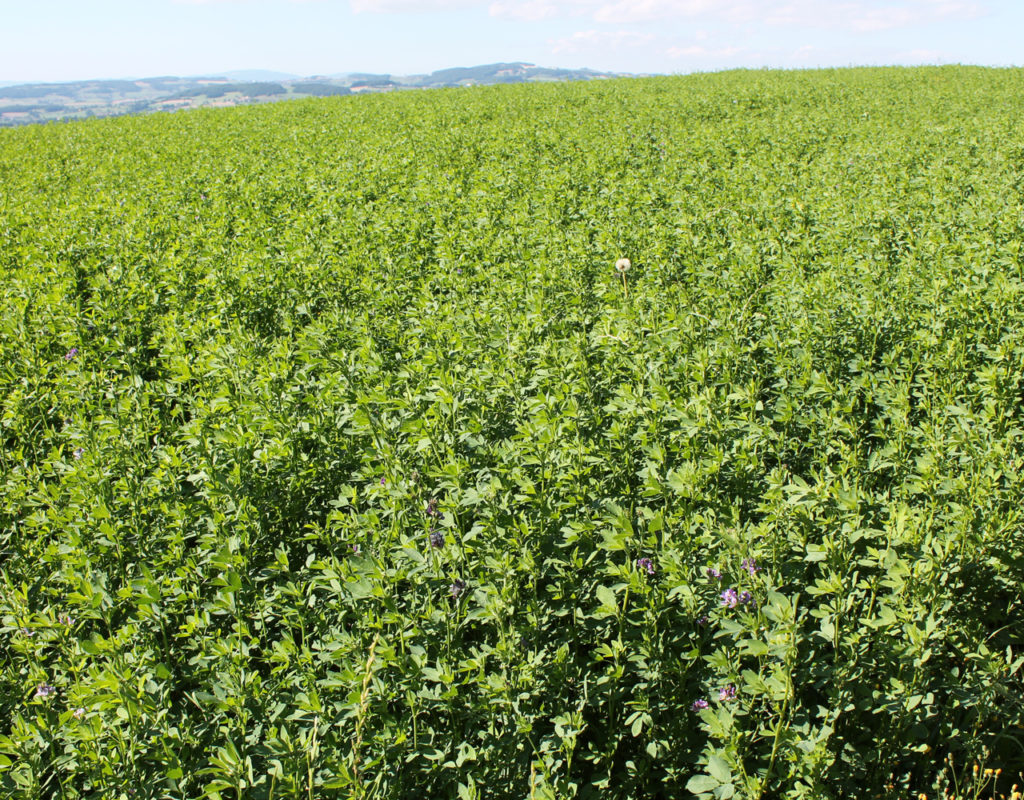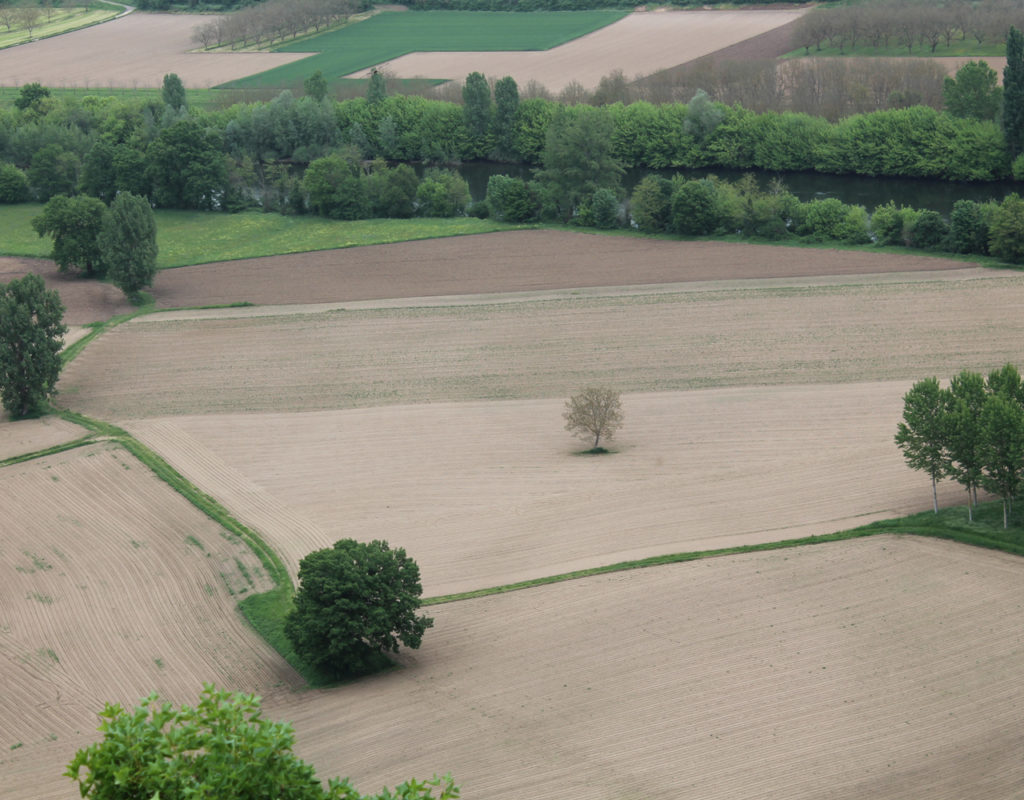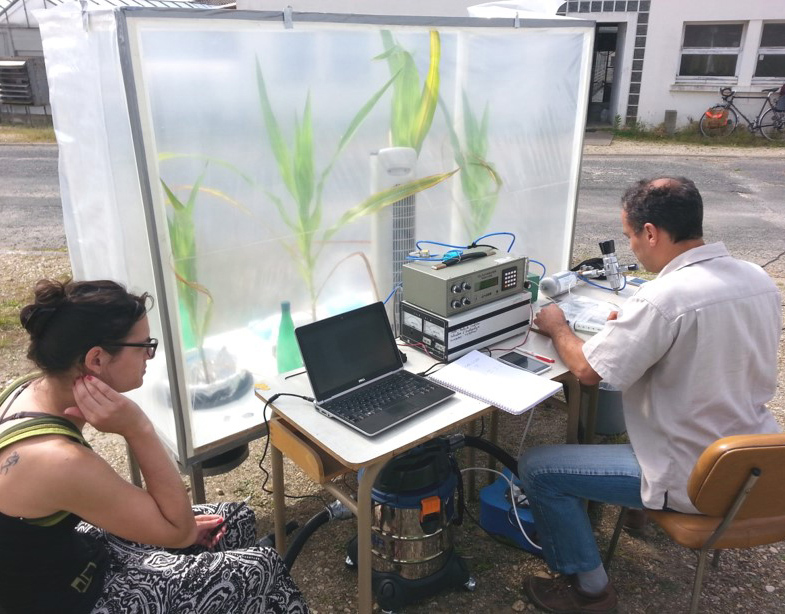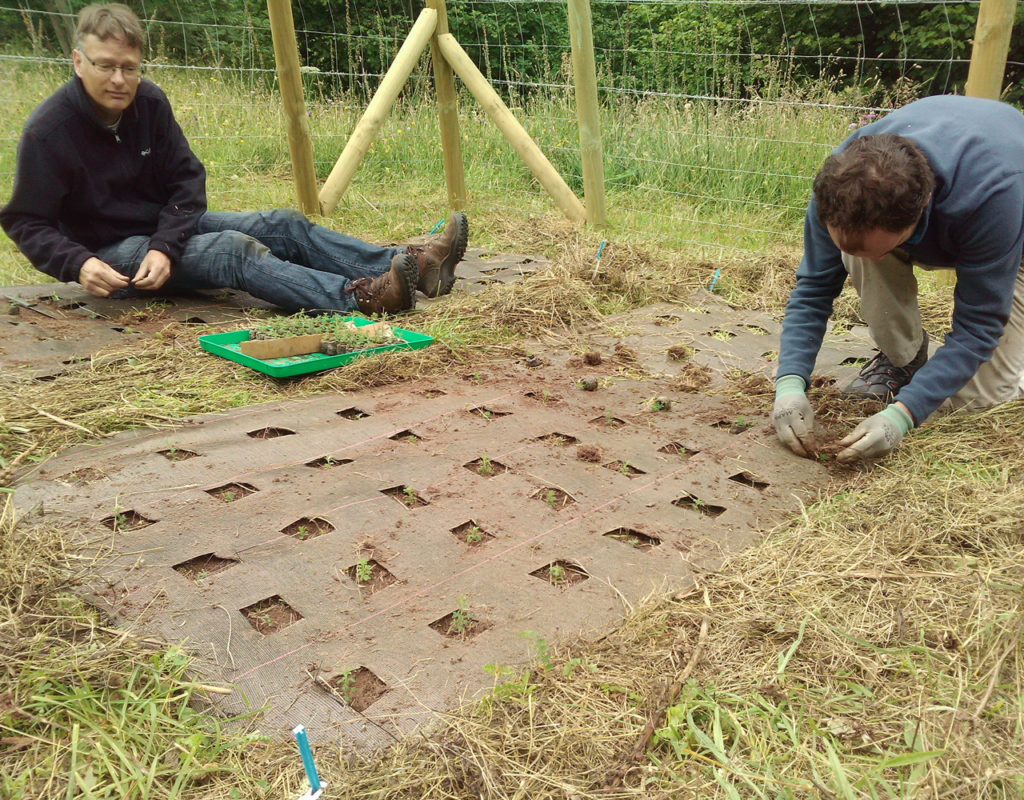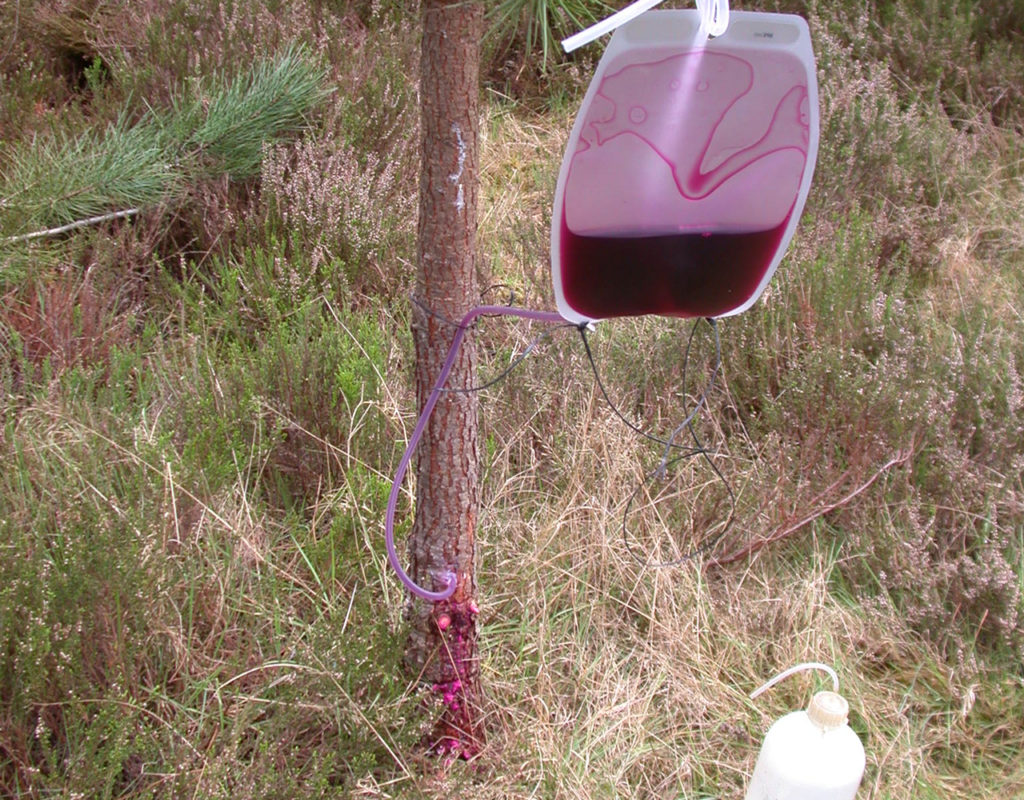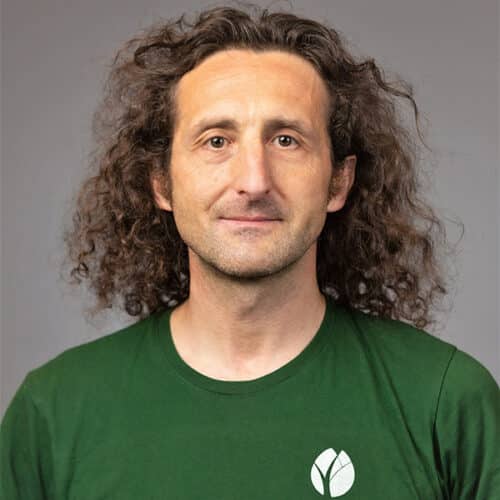Description
BIONET, BIOgeochemistry of Nutrients and Trace Elements
Keywords
Nutrient cycling, carbon, nitrogen, phosphorus, trace metal elements Cu, Cd, Zn, Pb, agroecosystem and forest management, contaminant levels in crops.
Description
The BIONET team of the ISPA research unit aims at understanding and modelling the cycling of nutrients (C, N, P) and trace metal elements (Cu, Cd, Zn, Pb) with the objective of sustainably managing agricultural and forest production systems, by optimizing nutrient resources and fertilisation under constraints of global change, and to assess the level of contamination of agricultural and fodder crops. The BIONET team focusses in particular on the effect of management practices in agriculture and forestry (including invasive species encroachment and the role of understory species in forest functioning) on the dynamics of nutrients and trace metal elements, the closing of their cycles, the partitioning between soil and plant organs, the risks of losses to the environment and the effects on the quality and quantity of plant production.
The scales of investigation range from rhizosphere to the continent, but are generally at the stand / plot scale. The research group combines a series of state-of-the-art techniques including field experiments, lab studies, ecosystem monitoring and numerical modelling. The BIONET team delivers a great diversity of outputs (research papers, conferences and applied collaborations) related to sustainable ecosystem management, waste recycling and circular economy.
Members of Bordeaux Sciences Agro
AGROFOR
Keywords
Process-based modeling, carbon, nutrients, scenarios of ecological transition, forest management, global food security.
Description
The AGROFOR team aims to improve our understanding of the biogeochemical cycles (carbon, nitrogen, phosphorus) in managed forests and agricultural ecosystems, as well as of the response of these cycles to different disturbances and changes (climate change, change in forest management or farming practices) at large spatial scales (regional to global).
Carbon and nutrient fluxes are studied along the soil-plant-atmosphere continuum and between cropland and livestock sectors or wood production sectors.
To do so, AGROFOR scientists rely on modelling approaches to simulate the functioning of managed forests (Go+ model) or food production (GOANIM model). The team is also skilled in the management of large databases to force and evaluate other models (e.g. ICOS or long-term field datasets). These in-house models are also used to assess the effects of future climatic scenarios on the sustainability of ecosystem functioning, and food security at the global scale to help decisions-makers (forest managers, policy-maker).
Members of Bordeaux Sciences Agro
ECOFUN– ECOsystem FUNctioning across scales
Keywords
Quantifying and understanding the physiological responses and short- and long term adaptations of terrestrial ecosystems to environmental change and management practices.
Description
The ECOFUN team aims to understand the consequences of given aspects of climate change (essentially the rise in atmospheric CO2 concentrations and in air temperature as well as the decrease in precipitations) on the biology and functioning of crop and natural plant species. The research approaches involve different scales of investigation : measurement of climatic and microclimatic indicators (net and diffusive radiation, surface temperature, air humidity), description of key ecophysiological parameters (water and CO2 fluxes, plant structural and functional traits, plant growth, water potential, drought resistance), computation of integrative indicators (mineral- and water use efficiency), and the description of species composition at the landscape level.
The operational outcomes of the ECOFUN team are to provide management solutions in response to future climatic constrains. Therefore, the management options for agro-ecosystems and forests are also addressed relative to the use of mineral nutrition in order to mitigate water stress, to the plantation of species adapted to droughts in response to future drier conditions or to the association of new species to increase the resilience of forest stands.
